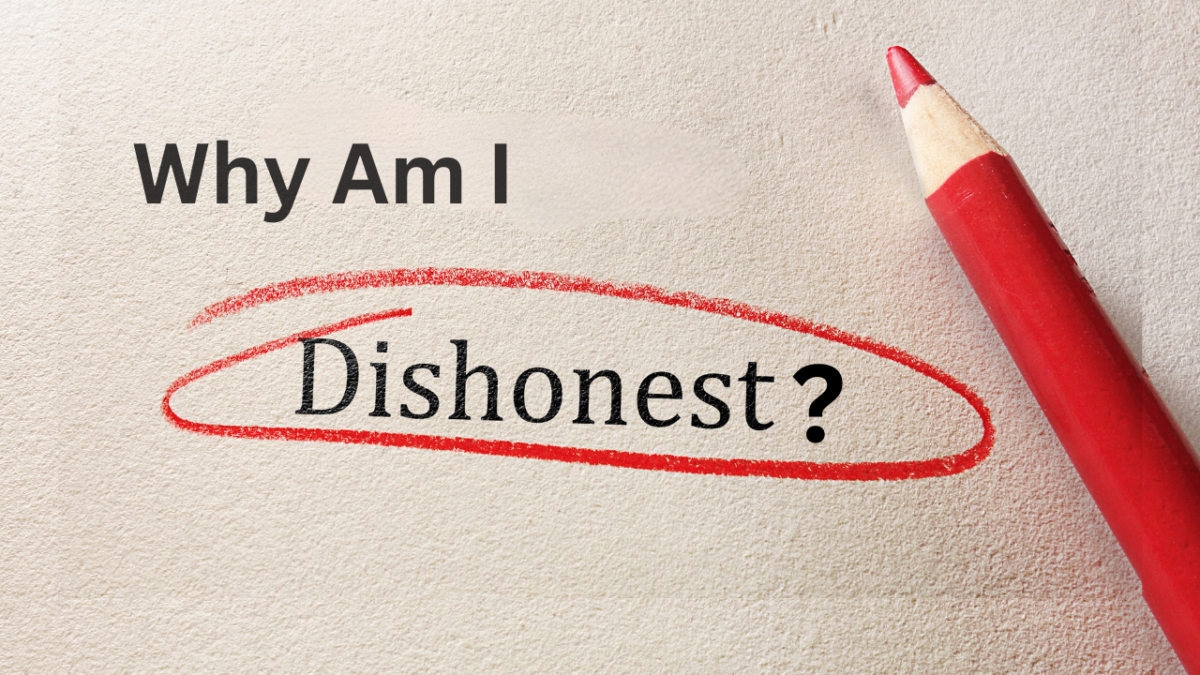
Every personality has good virtue as well as bad vices. Honesty, empathy, bravery are good virtues of a personality. Similarly, dishonesty, cruelty, and selfishness reflects the bad vices . Each personality is a combination of both good and bad to a varying extent.
Normally it is said that our family background, peer group, schools and colleges shapes these virtues and vices of our personality. Even school and colleges focus on moral teaching to develop virtues imbibed with honesty, empathy, and selflessness .
There is no denying the fact that family, school and colleges and peer groups help to grow virtues in our personality. But it is not a hundred percent truth. Our personality takes the shapes through our genes also. People are honest or dishonest , maybe because of their genetic composition also. Take one example. It is observed that two brothers having the same family, peer and school background may have a different orientation regarding honesty. One may be highly honest and the other may be highly dishonest in their behaviour.
So how can we explain it ? Honesty, empathy, cruelty, bravery are the response of our biochemical reactions happening in our body. Many biochemical reactions are affected and controlled by our genes. So, we can say that our behaviour of honesty is controlled by our genetic makeup. Thus by birth our specific personality is set up. We are honest, shy, brave, cruel, selfish by birth itself.
Our social system like family, education, morals later on try to grow virtue and minimise bad vices of our personality. But it is not found that much effective. Apart from genetic makeup, the other factor which solidifies our virtues is our real life experience. Our real life experiences are closely connected with our biochemical reactions happening in our body.
To conclude, our genetic makeup and own real life experiences will make me honest or dishonest and not moral teaching. We can have debate which makes me more honest or dishonest – real life experience or my genes.

